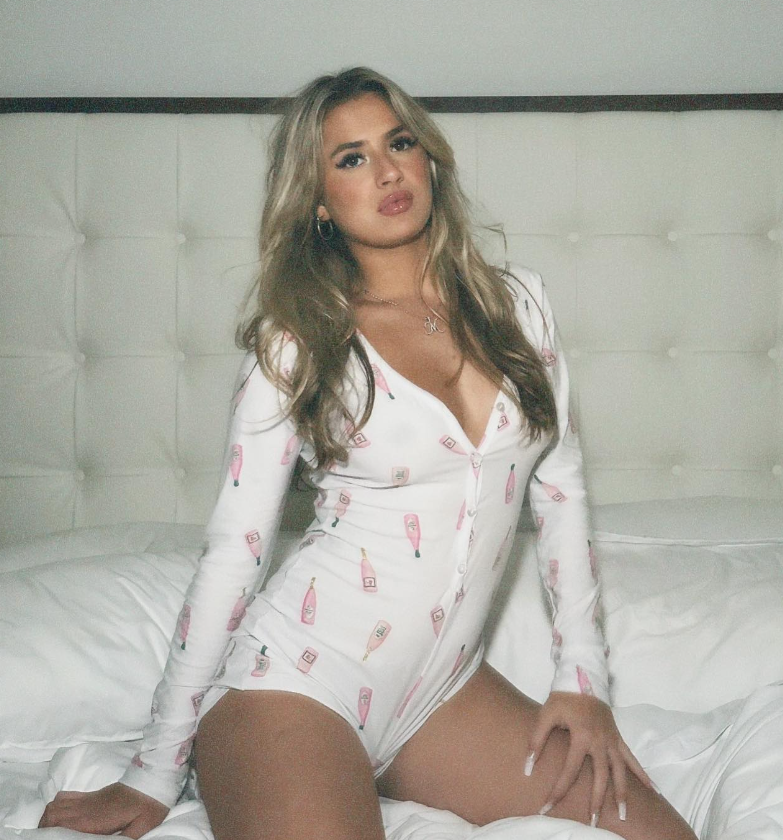OnlyFans Finds & More: Top Creators & Links
Could the digital realm be rewriting the rules of aging and opportunity? The rise of platforms like OnlyFans has created unprecedented avenues for individuals of all ages and backgrounds to connect with audiences and monetize their talents, challenging traditional perceptions of work and retirement.
The landscape of online content creation is undeniably shifting, and with it, the profiles of those making waves. From models and artists to everyday individuals, the platform offers a space for creativity and connection, and for some, a viable source of income. The anonymity and specific focus of OnlyFans offers a different avenue for creators who might not have found a place in more mainstream digital spaces. This is particularly true for people who are seeking to monetize content based on their personal image. It is a place where the lines between personal life and professional activity become increasingly blurred, sparking conversations about identity, financial independence, and the evolving nature of work in the 21st century.
| Feature | Details |
|---|---|
| Name | Michelle Alexandra (born in 1997) |
| Age | 27 years old (as of the current date) |
| Profession | Model, Transgender Content Creator, OnlyFans Star |
| Nationality | United Kingdom |
| Transgender Identity | Came out as transgender on January 9, 2023 |
| Known For | Content creation on OnlyFans, modeling work, and sharing her life online. |
| Noteworthy | Her willingness to share her experiences and journey as a transgender woman has garnered her a dedicated following. |
| Reference Website | (Please note: Due to the nature of the topic and the lack of readily available, verified public profiles, a direct, official reference website for Michelle Alexandra is not available. Information is often gathered from various sources, including fan pages, and social media.) |
The platform's appeal extends beyond the younger generation. Consider the story of a 69-year-old creator who has achieved top-tier status. This individual, having turned to OnlyFans due to circumstances like health challenges, showcases the platform's capacity to provide income and purpose for those often overlooked by traditional employment avenues. This underscores a crucial shift in how individuals can leverage their experiences and create financial sustainability in an increasingly digital world. The motivations for joining such platforms are also quite varied. Some people are seeking supplementary income while others have found it to be a creative outlet or a full time career. The nature of the content is also important, it is not always inherently sexual in nature, but it allows content creators to have more control over how they present themselves.
- Kodah Dash Dyrdek
- Dyon Kaan Allen
- What Was Cynthia Erivo S Role In The Greatest Showman
- Action S
- Skys Link
The phenomenon has also made its mark on other creators, some of whom are taking advantage of platforms such as Linktree to promote their content. This allows them to consolidate their digital footprint and direct traffic to their content from various online hubs such as Instagram and TikTok. As more people engage with these platforms, their impact becomes increasingly undeniable. This shift reflects evolving attitudes towards sex work and the way individuals can utilize digital spaces to gain financial independence. The flexibility of content creation also extends to those who may have limited options. Another creator, a 70-year-old woman, Michelle Hardenbrook, opened an OnlyFans account to secure funds for her retirement and to finance the treatment of her disabled son. This underscores the platforms ability to give people financial security, and underscores how it provides agency.
The narratives are varied and the paths taken are diverse, but the common thread is a willingness to embrace new opportunities and to challenge established norms. In the face of a world where traditional career paths are not always accessible, platforms like OnlyFans are providing a sense of possibility and economic empowerment. This is a reality that is challenging long-held societal perceptions and giving individuals, regardless of age or background, the chance to shape their own futures in new ways.
The rise of platforms like OnlyFans also necessitates a discussion of the challenges inherent in such environments. One of the most significant is the potential for exploitation and the need for robust safety measures. Creators must navigate complex legal and ethical considerations, including the protection of their intellectual property and the safeguarding of their personal information. The industry is constantly evolving, and creators must stay abreast of the latest developments in content regulation and digital privacy. Protecting their livelihoods and personal well-being requires a vigilant approach. This is a delicate balance between self-expression, entrepreneurship, and the need to operate within ethical boundaries. It is something that is not easily achieved and needs constant attention and awareness to navigate the digital space.
In conclusion, the story is still developing, and it is clear that platforms like OnlyFans are sparking a wave of change that is redefining the concepts of work, creativity, and personal autonomy. As these online spaces continue to grow, it is imperative that society continues to explore their implications. Whether this is an exploration of the creative and economic possibilities, or a careful examination of the ethical and social costs, the shift is a reflection of a world in transformation.
Article Recommendations



Detail Author:
- Name : Alfred Price
- Username : emerson46
- Email : jjerde@gmail.com
- Birthdate : 1978-02-23
- Address : 7705 Nettie Valleys South Devon, CA 65086-4489
- Phone : +1-678-451-5141
- Company : Cummings-Wiza
- Job : Extruding and Drawing Machine Operator
- Bio : Ad alias rerum dignissimos quam molestias et minus. Id dolorum molestiae eos velit velit impedit. Officia voluptatibus ullam qui similique.
Socials
linkedin:
- url : https://linkedin.com/in/wolff2010
- username : wolff2010
- bio : Voluptatum dolores ea nisi ratione.
- followers : 4239
- following : 1831
instagram:
- url : https://instagram.com/wolffj
- username : wolffj
- bio : Aut asperiores rerum ut iure. Quia animi vel mollitia. Error molestias suscipit commodi.
- followers : 6481
- following : 627
twitter:
- url : https://twitter.com/jimmywolff
- username : jimmywolff
- bio : Impedit vero alias qui enim. Est asperiores iure nisi ad quia. Saepe nobis consequatur ratione minima dolore minus necessitatibus.
- followers : 5529
- following : 90
tiktok:
- url : https://tiktok.com/@jwolff
- username : jwolff
- bio : Molestiae officiis facilis eum quidem rerum cum.
- followers : 5190
- following : 1021
facebook:
- url : https://facebook.com/wolffj
- username : wolffj
- bio : Veniam sunt mollitia pariatur eum repellat. Qui iusto odio voluptatem ut.
- followers : 2040
- following : 2389